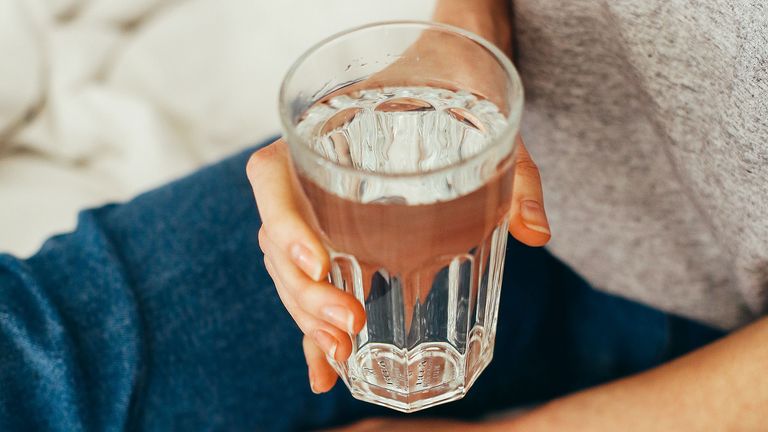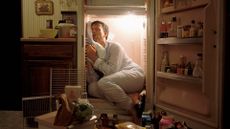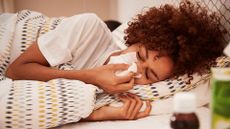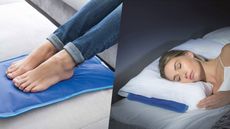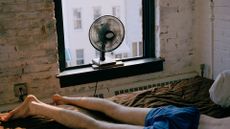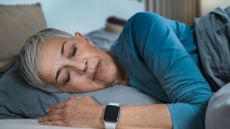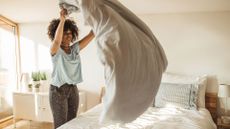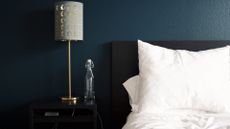The art of prepping yourself for a great night's sleep is a tricky one to master. With most variables, the specifics will vary from person to person – for example, we all know that consuming caffeine right before bed is probably a bad idea, but how late in the day you'll be able to get away with chugging a cup of coffee will depend massively on how quickly your body processes it, as we found when we asked a doctor to asses these sleep myths.
Knowing when to stop drinking water before bed is a similar balancing act. As the Sleep Foundation (opens in new tab)explains, feeling more thirsty in the evenings is pretty common – one particular study (opens in new tab) in mice suggests it's to do with 'anticipatory thirst', and a way to avoid becoming dehydrated overnight. However, just because you might feel the urge to drink more water doesn't mean it's necessarily a good idea.
Why might you avoid drinking extra water before bed? The most obvious reason is because you'll be more likely to have to get up to wee in the middle of the night. Getting up to use the bathroom will disrupt your sleep cycle, with all the knock-on effects that can lead to. In fact, if you're getting up more than once in the night to wee, there's a medical term for it: nocturia.
Factor in, too, the fact that fuelling your pre-snooze anticipatory thirst apparently won't actually improve your sleep. This study (opens in new tab) showed that in young, healthy adults, mild dehydration didn't have any effect on sleep quality or quantity.
So are there any pros to quenching your evening thirst? Well, as you'll have certainly heard, drinking plenty of water is generally a great idea – it's essential for our bodies to function properly, helping us do everything from regulate body temperature, to avoid headaches, to remove waste. This study (opens in new tab) also found that not drinking enough had a negative effect on mood, which could also impact on your sleep-wake cycle.
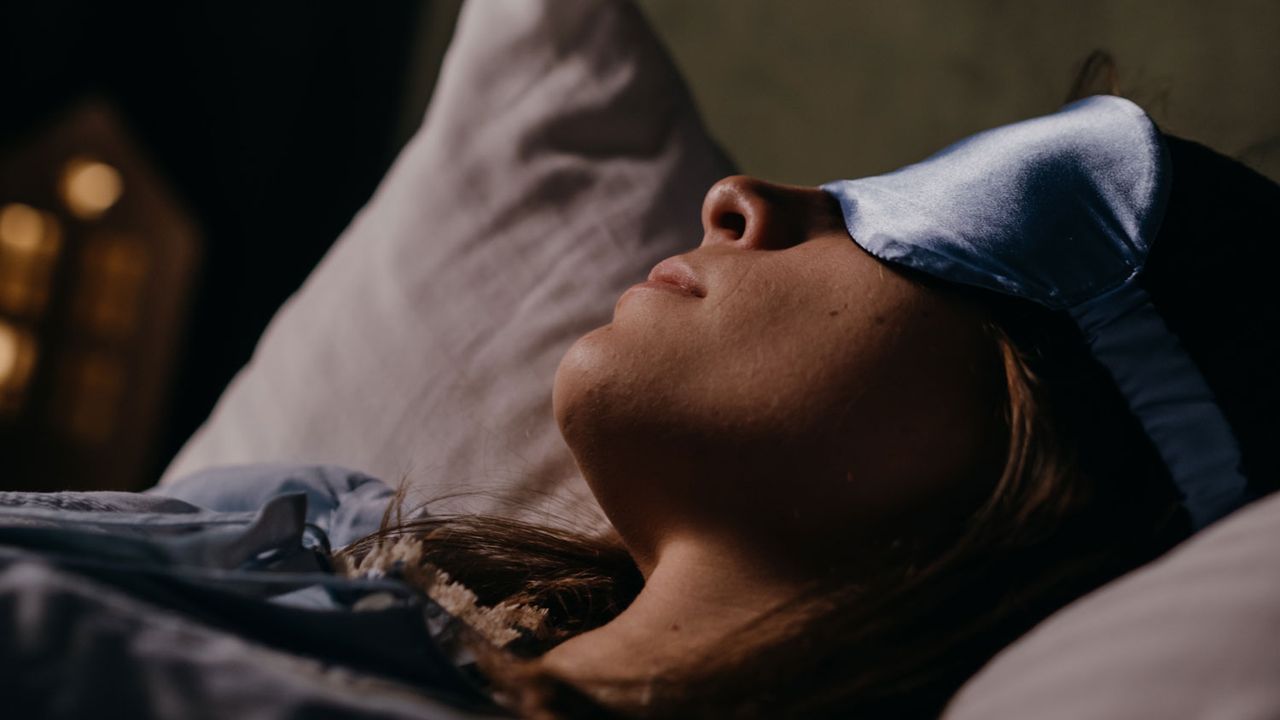
Further to that, some find that drinking water forms a positive part of their habitual bedtime routine, which is one of the tenets of good sleep hygiene – for example, many find a cup of herbal tea in the evening relaxing. The Sleep Foundation says it might also help you achieve the drop in temperature that induces a feeling of sleepiness.
So what's the best approach to take when it comes to drinking water before bed? It's a better idea to focus on staying properly hydrated throughout the day, rather than upping your fluid intake right before bedtime, which might lead to nocturnal bathroom visits disrupting your sleep.
Uncomfortable at night? Head to our best mattress guide for plenty of advice, plus our recommendations for the right upgrade for you.
